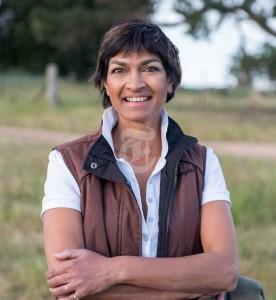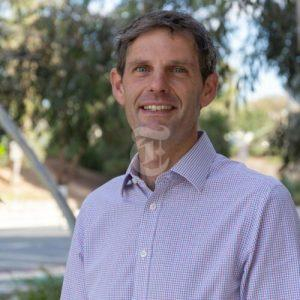NSW First to Identify Number of People Living with Metastatic Breast Cancer: A Global Milestone
In a world-first achievement, Cancer Institute NSW has identified that approximately 7,900 people in NSW are living with metastatic breast cancer. This groundbreaking discovery is set to not only improve cancer outcomes in NSW but also provide critical insights for the rest of Australia and the global medical community.
Through the use of Cancer Institute NSW’s linked data sets, a comprehensive methodology was developed, determining that 7,850 women and 50 men in NSW are currently living with metastatic breast cancer. This innovative approach will soon be shared nationally and internationally, offering a clearer picture of the scale of this disease.
Metastatic breast cancer is an advanced form of breast cancer that spreads to other parts of the body. While cancer registries track initial breast cancer diagnoses, the exact number of people developing metastatic breast cancer after an initial diagnosis was previously unknown—both in Australia and globally. This discovery aims to address the invisibility often felt by those living with the disease and will help NSW prepare for the growing number of people living with and surviving cancer, thanks to advances in treatment and care.
The data gathered will assist health professionals and researchers in better understanding how diagnostics and treatments affect breast cancer recurrence and survival, while also paving the way for critical improvements in cancer research, care, and policy reform.
Global Leadership in Data-Driven Cancer Insights
The breakthrough is a result of Cancer Institute NSW’s ability to link cancer incidence and mortality data with NSW clinical datasets, the Commonwealth Medicare Benefits Schedule (MBS), Pharmaceutical Benefits Schedule (PBS), and National Death Index data. This robust data integration has allowed the Institute to accurately pinpoint how many people are living with metastatic breast cancer in NSW. The methodology will now be shared globally, supporting international efforts in understanding and treating this aggressive cancer.
New BreastScreen Clinic at Royal Hospital for Women
Alongside this major development, Minister for Health Ryan Park inaugurated a new BreastScreen NSW clinic at the Royal Hospital for Women in Randwick. This expanded facility will provide potentially life-saving mammograms to an additional 3,000 to 5,000 women each year. The service offers free breast screening every two years for eligible women, aiming to detect breast cancer at its earliest and most treatable stages.
Key Quotes
Minister for Health, Ryan Park: “As NSW Health Minister, I am incredibly proud of this remarkable discovery by NSW clinicians and researchers. This is a huge step forward in understanding how many people are living with metastatic breast cancer and addressing the invisibility felt by many.”

Minister for Health, Ryan Park
Federal Minister for Health and Aged Care, Mark Butler: “This is an important step forward for people with metastatic breast cancer. Knowledge is power, and this information will help drive new research that can improve the lives of thousands.”
Minister for Women, Jodie Harrison: “With breast cancer being the second most commonly diagnosed cancer in Australia, discoveries like this help us ensure that NSW is prepared to support the growing number of people living with cancer.”
NSW Chief Cancer Officer and CEO Cancer Institute NSW, Professor Tracey O’Brien AM: “Pinpointing how many people have metastatic breast cancer is about giving a voice, options, and hope to people living with the disease. Our immediate focus must be on improving their quality of life and addressing their broader physical, emotional, and practical needs.”
Breast Cancer Network Australia Consumer Representative, Lisa Rankin: “As someone living with metastatic breast cancer, I’m incredibly excited that we are now recognized. This achievement will lead to positive changes for us and our families.”
This discovery not only provides visibility to those living with metastatic breast cancer but also lays the foundation for significant improvements in care, research, and policy both in NSW and beyond. For more information on breast cancer screening, visit www.breastscreen.nsw.gov.au.





 Tweed Shire News2 years ago
Tweed Shire News2 years ago
 Motoring News2 years ago
Motoring News2 years ago
 COVID-19 Northern Rivers News3 years ago
COVID-19 Northern Rivers News3 years ago
 COVID-19 Northern Rivers News3 years ago
COVID-19 Northern Rivers News3 years ago
 Northern Rivers Local News3 years ago
Northern Rivers Local News3 years ago
 Health News3 years ago
Health News3 years ago
 COVID-19 Northern Rivers News3 years ago
COVID-19 Northern Rivers News3 years ago
 NSW Breaking News3 years ago
NSW Breaking News3 years ago
















